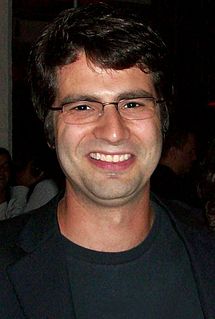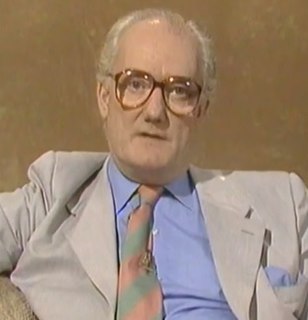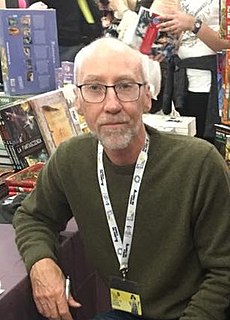A Quote by Ismail Kadare
I had three choices: to conform to my own beliefs, which meant death; complete silence, which meant another kind of death; to pay a tribute, a bribe. I chose the third solution by writing The Long Winter.
Related Quotes
There is no single best kind of death. A good death is one that is "appropriate" for that person. It is a death in which the hand of the way of dying slips easily into the glove of the act itself. It is in character, ego-syntonic. It, the death, fits the person. It is a death that one might choose if it were realistically possible for one to choose one's own death.
When death comes, it's just like winter. We don't say, "There ought not to be winter." That the winter season, when the leaves fall and the snow comes, is some kind of defeat, something which we should hold out against. No. Winter is part of the natural course of events. No winter, no summer. No cold, no heat.
We are left with nothing but death, the irreducible fact of our own mortality. Death after a long illness we can accept with resignation. Even accidental death we can ascribe to fate. But for a man to die of no apparent cause, for a man to die simply because he is a man, brings us so close to the invisible boundary between life and death that we no longer know which side we are on. Life becomes death, and it is as if this death has owned this life all along. Death without warning. Which is to say: life stops. And it can stop at any moment.
I wasn't going to have enough money to pay for a Good Lifestyle, which meant I'd feel ashamed, which meant I'd get depressed, and that was the big one because I knew what that did to me: it made it so I wouldn't get out of bed, which led to the ultimate thing—homelessness. If you can't get out of bed for long enough, people come and take your bed away.
As one of the first editors at 'Outside' magazine in 1975, it was my contention that most American writing going back to James Fennimore Cooper and then through Twain up to Hemingway had been outdoor writing. At that time, adventure writing meant stuff like 'Saga' or 'Argosy.' 'Death Race with the Jungle Leper Army!' That kind of thing.
To take, for example, my own death: what I consider most likely to be true is that death will be the complete and utter end of my existence, with no successor existence of any kind that can be related to me as I now am. And if that is not the case, the next most likely scenario, it seems to me, is something along the lines indicated by Schopenhauer. But neither of these is what I most want. What I want to be true is that I have an individual, innermost self, a soul, which is the real me and which survives my death. That too could be true. But alas, I do not believe it.
So I grew up feeling that I wasn't good enough, and that no-one would love me unless I was perfect. But no-one's perfect, we're not meant to be perfect. We're meant to be complete. But it's hard to be complete if you're trying to be perfect, so you kind of become disembodied. And I spent a lot of my life that way.""And if you don't own your strength... Women like me tend to always look over their shoulder to see who... "Who's the leader? Who's the smart one?" Never thinking it might be ME. Took a long time for me to get over that.
In America, we then made a commitment, particularly after World War II with the GI Bill, to massively expand our commitment to college education, and that meant we had more engineers and we had more scientists and that meant we had better technology, which meant that we were more productive and we could succeed in the global marketplace.
I love you still, but with your death I succumbed to a kind of infatuation. I convinced myself that what you and I had, so very briefly, was of far vaster and deeper import than it truly was. Of all the weapons we chose to turn upon ourselves, guilt is the sharpest, Silverfox. It can carve one's own past into unrecognizable shapes, false memories leading to beliefs that sow all kinds of obsessions.






































